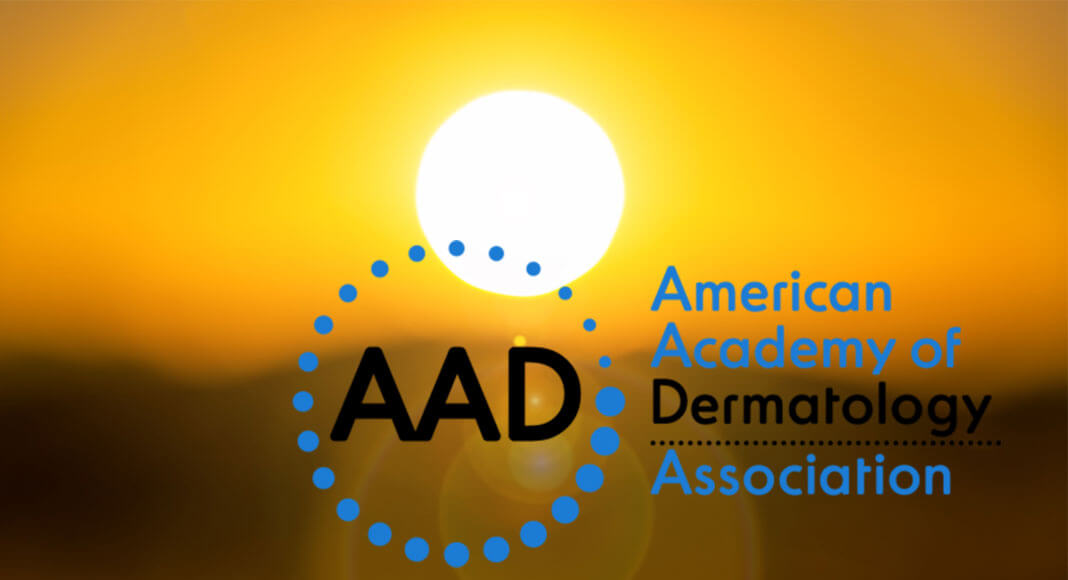
Mega Doctor News
By American Academy of Dermatology
Gen Z and Millennials may be the voice of fashion or lead debates over who owns the “middle hair part”, but when it comes to knowing how to protect their skin from the sun’s harmful UV rays, they need to up their game, according to a new survey by the American Academy of Dermatology.
The survey of 1,000 U.S. adults (ages 18+) found:
- 71% of Gen Z and 58% of Millennials either incorrectly believe or are unsure that having a base tan decreases the risk of developing skin cancer.
- 50% of Gen Z and 50% of Millennials either don’t know or don’t believe that shade protects a person from UV rays.
- 49% of Gen Z and 48% of Millennials either incorrectly believe or are unsure that as long as you don’t burn, tanning is safe.
- 46% of Gen Z and 49% of Millennials either incorrectly believe or are unsure that tanning is healthy.
- 42% of Gen Z and 37% of Millennials are unaware that tanning causes skin cancer.
- 43% of Gen Z and 37% of Millennials reported having been sunburned in 2020.
“Gen Z and Millennials have access to more information and options for sun protection than previous generations, yet unfortunately, I see far too many young patients who don’t know the basics about UV protection and put their long-term health at risk,” says board-certified dermatologist Danny Del Campo, MD, FAAD. “While they may feel young and invincible, the damage caused by unprotected UV exposure often shows up later in life in the form of premature skin aging, like wrinkles and age spots, and skin cancer, the most common cancer in the U.S.”
July is UV Safety Awareness Month, and the American Academy of Dermatology recommends that everyone #PracticeSafeSun by following three simple steps when outdoors:
- Seek shade when appropriate, remembering that the sun’s rays are strongest between 10 a.m. and 2 p.m.
- Wear sun-protective clothing, such as a lightweight, long-sleeved shirt, pants, a wide-brimmed hat and sunglasses with UV protection, when possible. For more effective sun protection, select clothing with an ultraviolet protection factor (UPF) number on the label.
- Apply a broad-spectrum, water-resistant sunscreen with an SPF of 30 or higher to all skin not covered by clothing. Remember to reapply every two hours or after swimming or sweating.
With summer in full swing, Dr. Del Campo understands that many are eager to spend time outside, and some may want to tan. However, he reminds everyone — especially young adults — that tanning, whether it’s indoors or outside, is dangerous and potentially deadly. According to research, exposure to ultraviolet light, from the sun and indoor tanning devices, is the most preventable risk factor for skin cancer.
Dr. Del Campo, a Millennial himself, understands the challenges of educating younger audiences about UV exposure and is available to discuss the survey findings and offer tips on how to be sun savvy this summer.
The American Academy of Dermatology also has resources available to the public that provide additional information about sun protection and skin cancer prevention:








